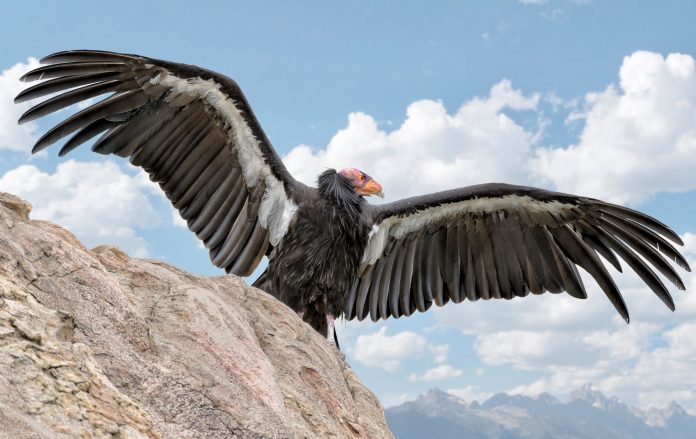Earlier this week, more than 100 groups sent three letters to the U.S. Fish and Wildlife Service outlining urgent actions that they believe are needed to protect the nation’s wildlife and their habitats from dangerous pesticides.
Conservation, environmental justice, and agriculture organizations, representing tens of millions of people, detailed a range of opportunities to ramp up protections, including calling on the Service to:
-
Prohibit pesticide use in designated critical habitat for endangered plants and animals.
-
Eliminate use of harmful agricultural pesticides on national wildlife refuges.
-
Complete scientific reviews scrapped by the Trump administration assessing the harms that chlorpyrifos, malathion, and diazinon may cause to protected species.



